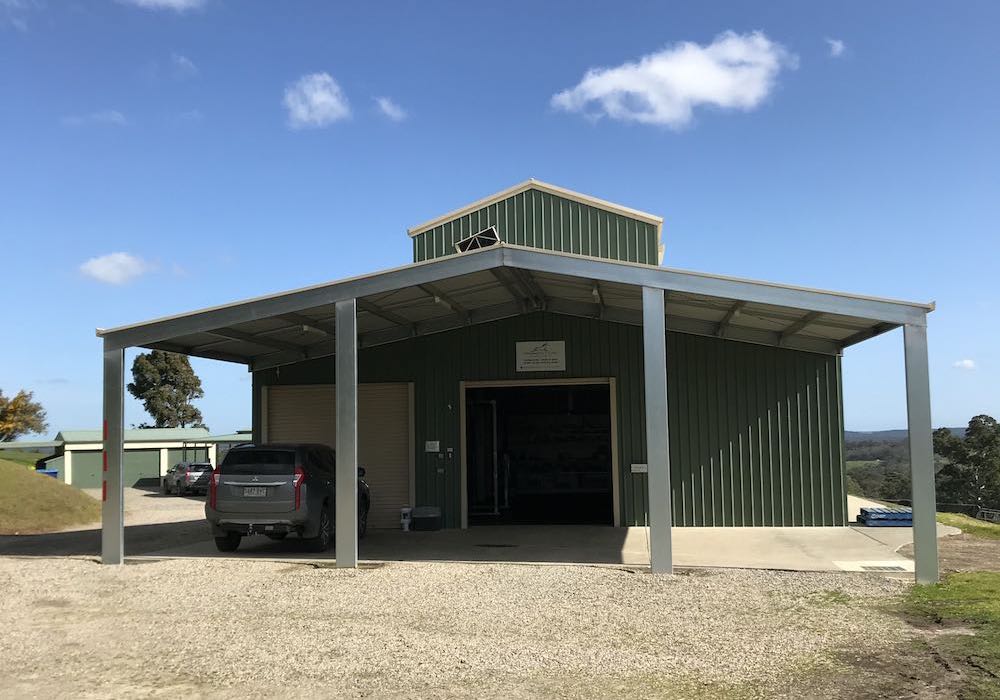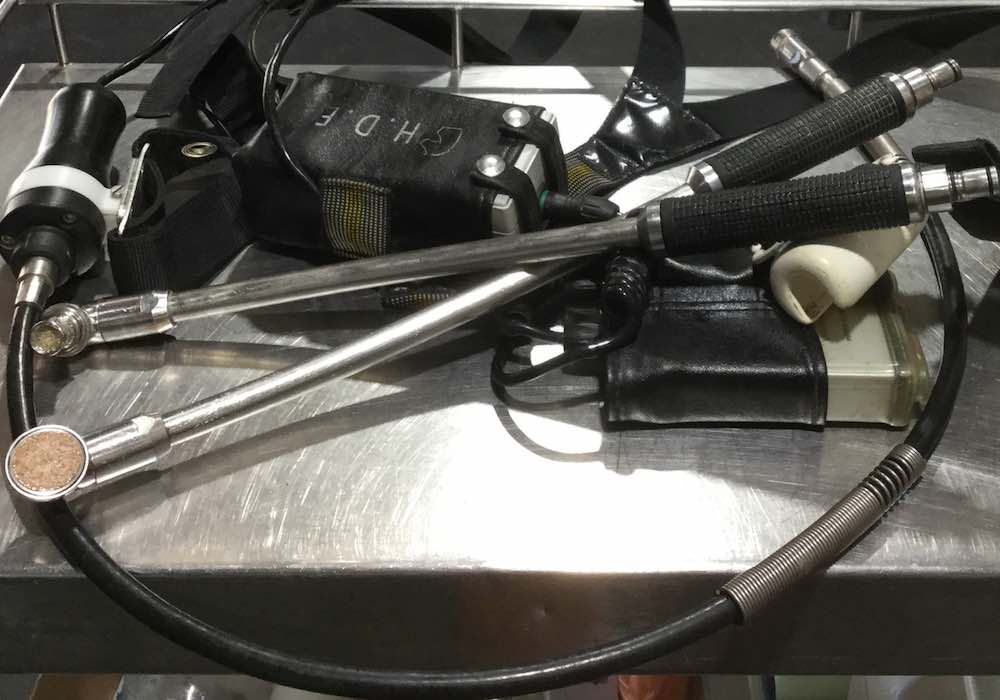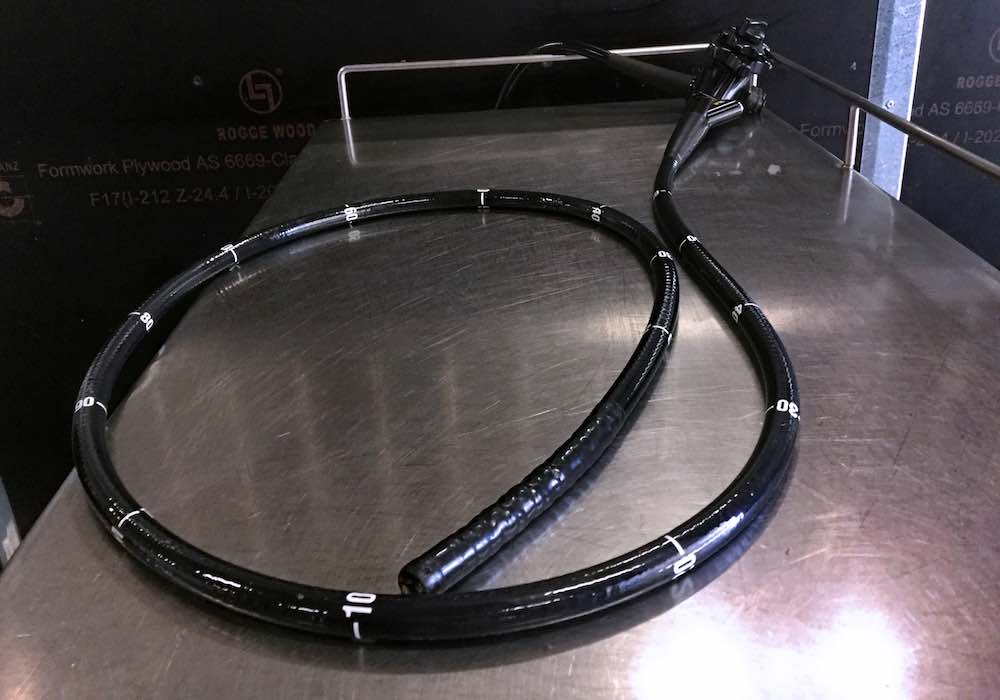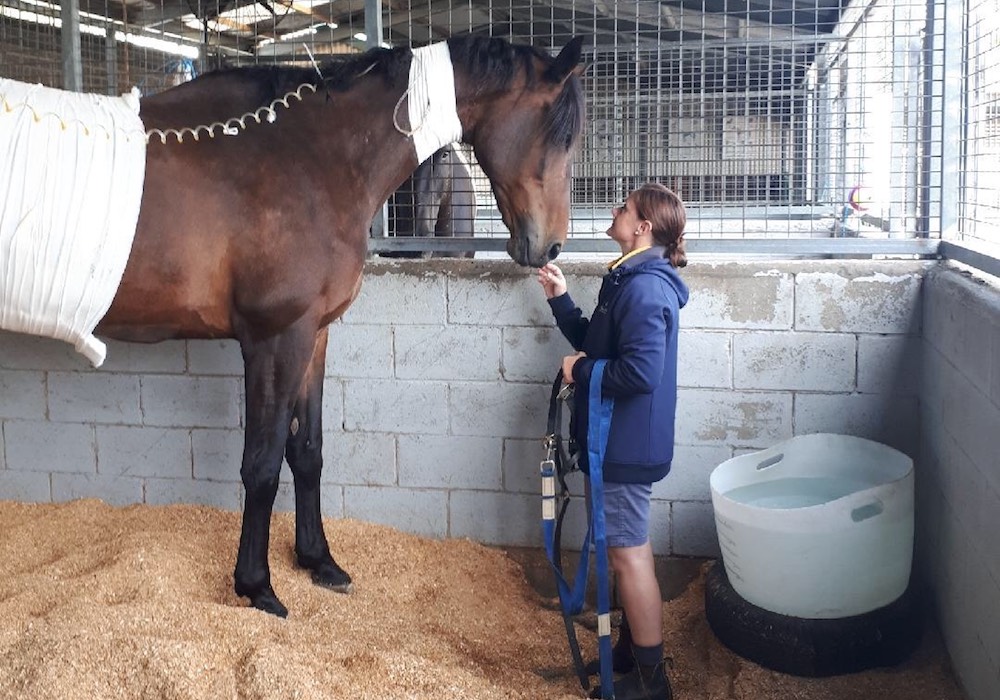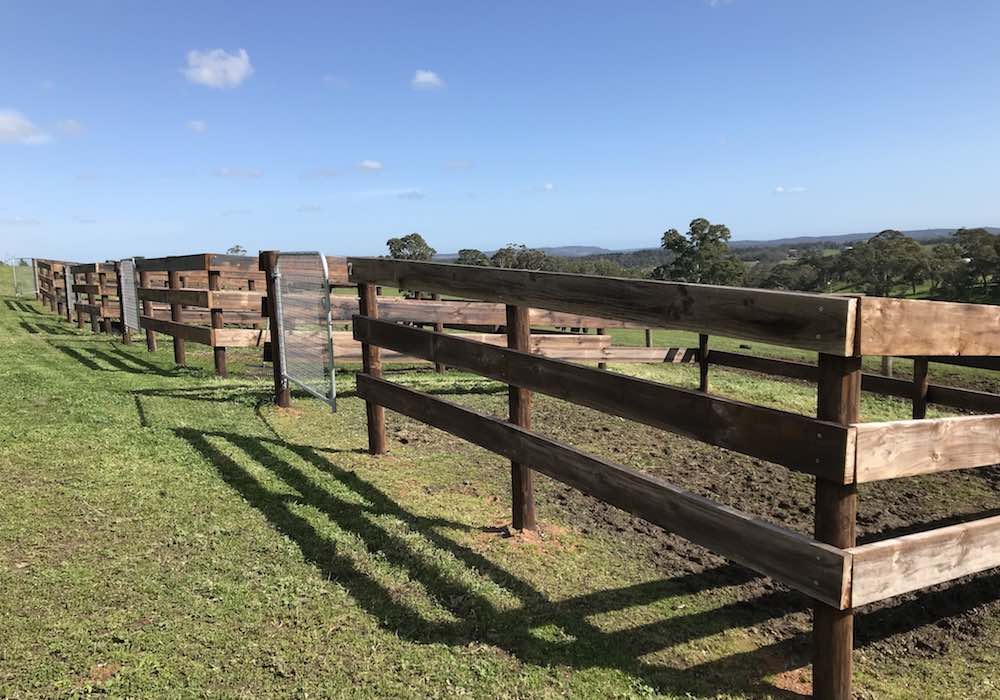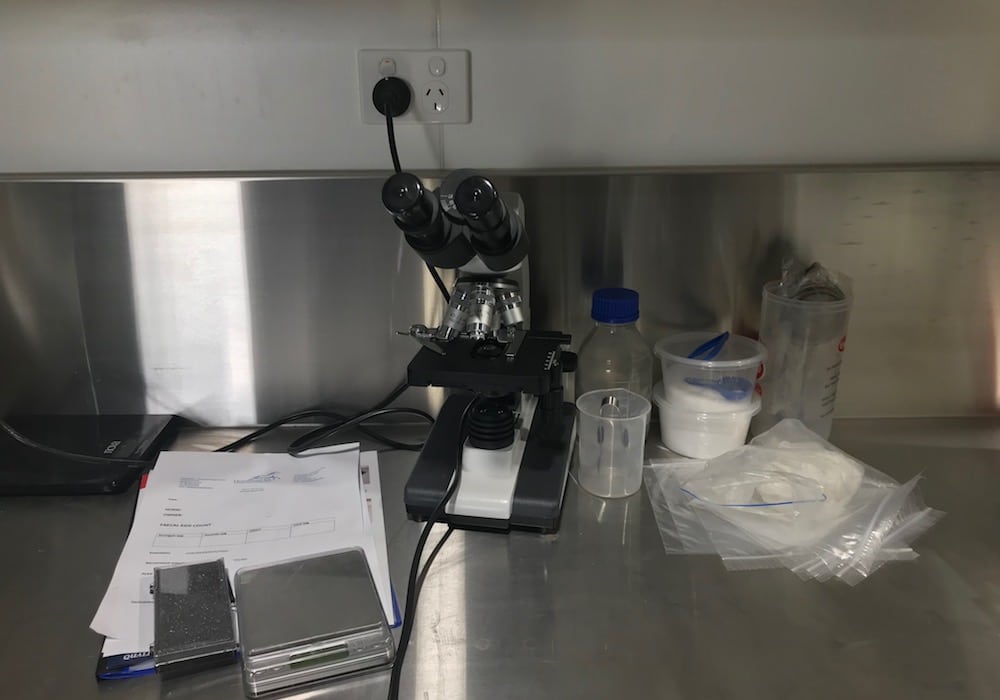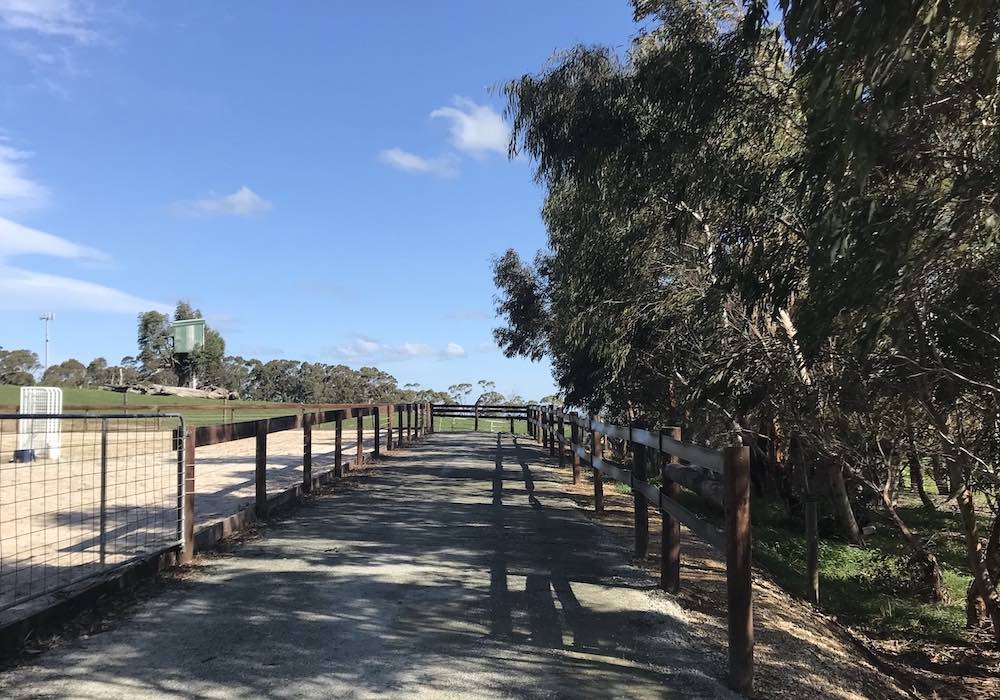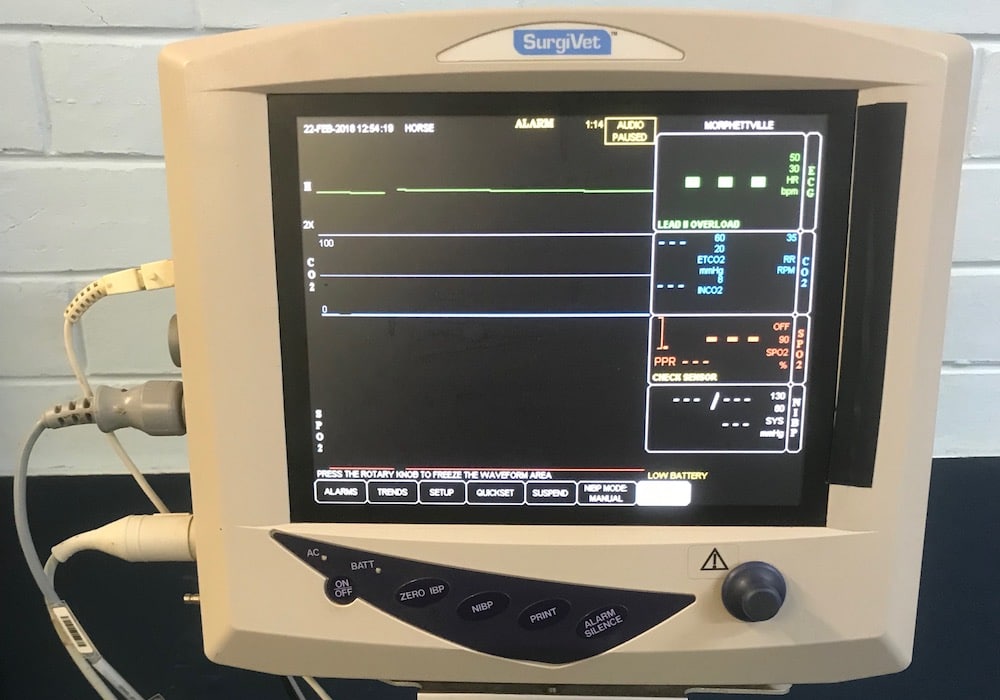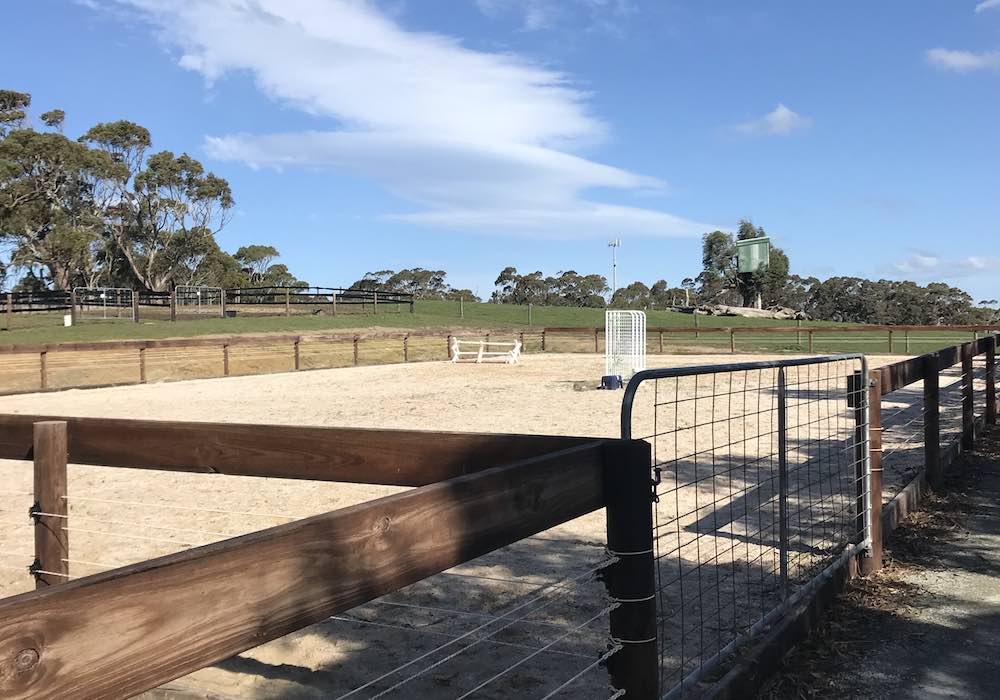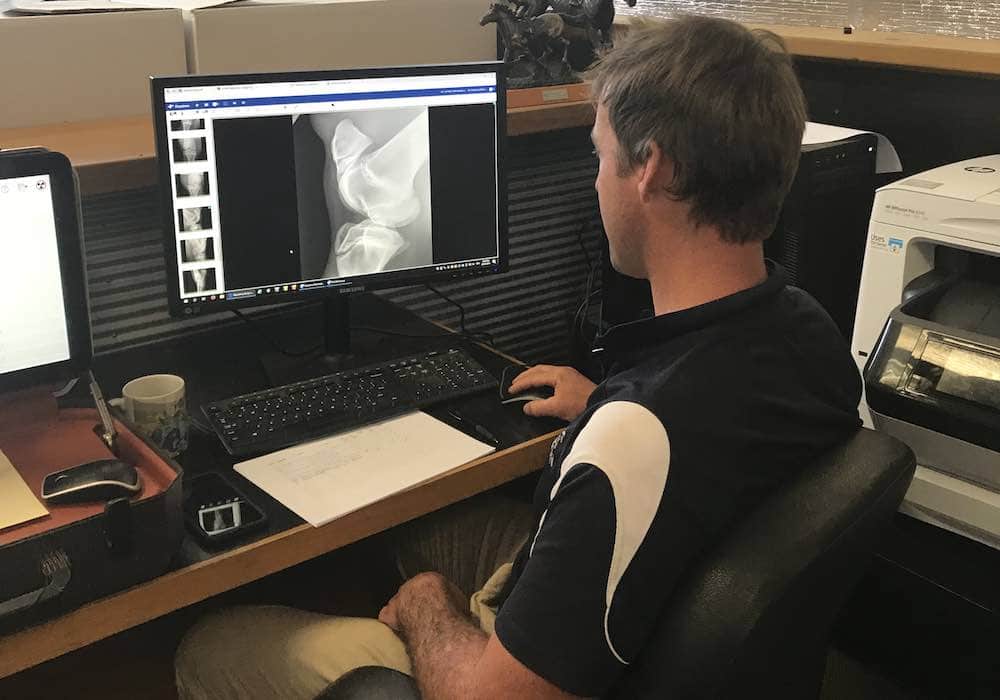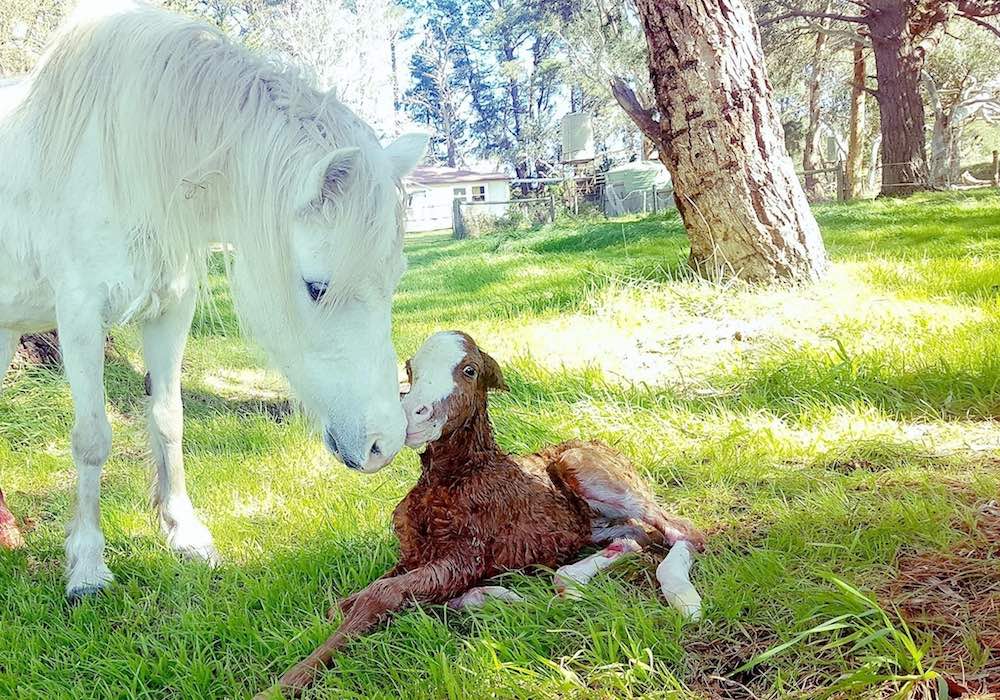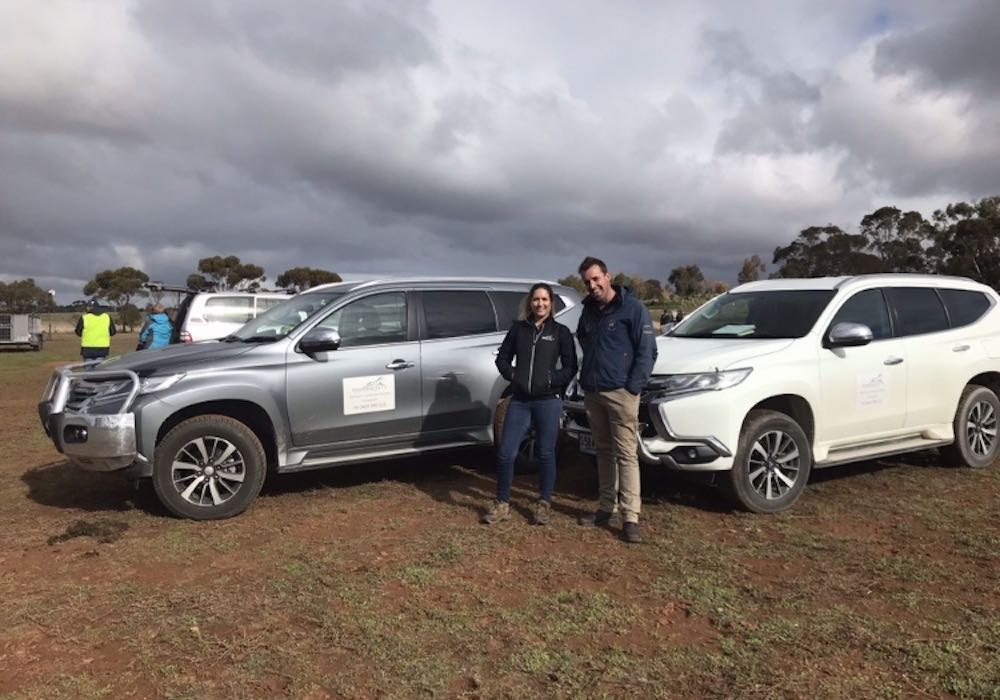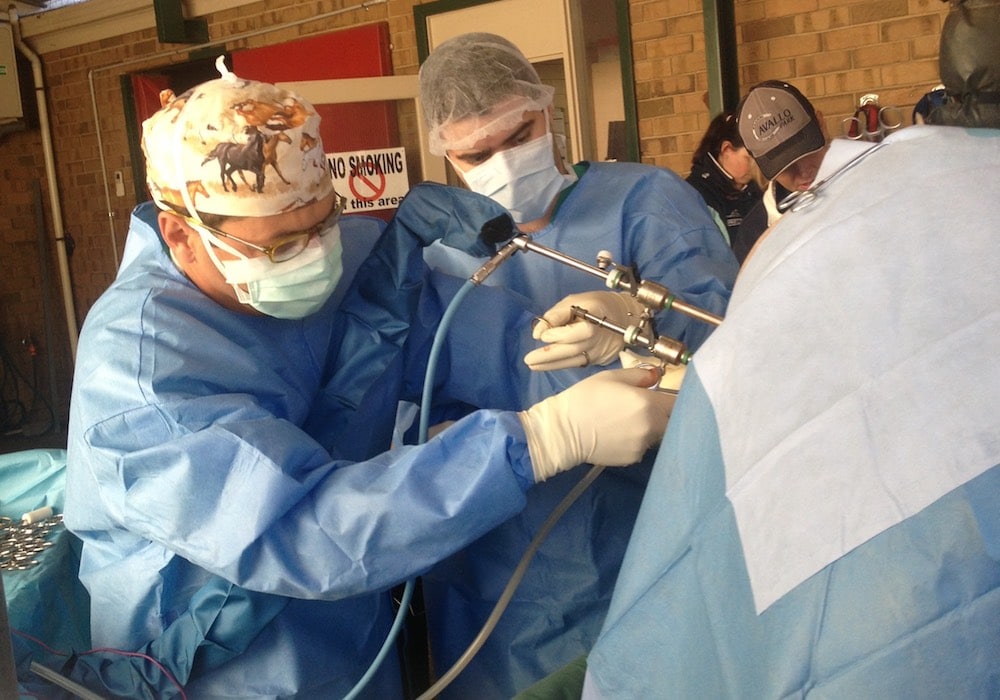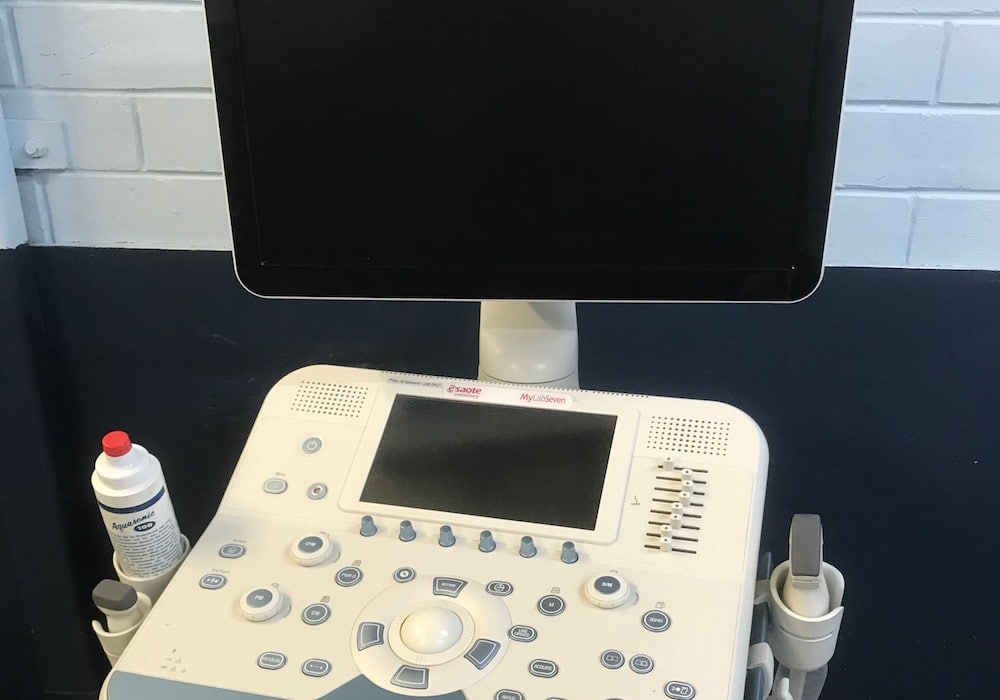We perform prepurchase examinations both on farm and at the clinic in accordance with the Equine Veterinarians Australia guidelines. These examinations are tailored to the requirements, expectations and concerns of the purchaser, and generally follow either a two or five stage format. Pre purchase examinations can be conducted at either of our clinics where we have a hospital facility with a darkened area for eye examination, a crush if required, and all the diagnostic equipment on hand for additional testing. At our Hills facility, we are able to offer an arena to facilitate riding or lunging if a five stage pre-purchase is required.
A pre-purchase examination involves creating a report and paperwork, requiring communication with both the vendor and purchaser. As veterinarians, we are working on behalf of the purchaser, and as such the findings of the examination are prepared for the purchaser. We will discuss with you what you wish to use the horse for, as well as any issues you are concerned about, and any additional diagnostics you may wish to perform. Generally, a two stage examination consists of a thorough examination at rest, followed by a gait analysis, flexion tests and hoof assessment.
In addition, a five stage pre-purchase generally adds in a period of exercise (either under saddle or on the lunge) followed by a thorough reassessment of the horse. If any areas of concern are identified, or at the purchaser’s request, we can then perform additional diagnostic tests such as blood testing, endoscopy, radiography (x-rays), ultrasound and drug screening. Consent from the vendor for the examination and any additional procedures must also be obtained.
We also perform examinations for insurance purposes in accordance with the Equine Veterinarians Australia guidelines, and Breeding Soundness Examinations on mares. These involve both palpation and ultrasound of the reproductive tract, and are recommended when purchasing a mare for the purposes of breeding, either now or in the future. Breeding Soundness Examinations are usually performed in the clinic, and require a suitable horse crush facility to allow thorough and safe examination of the mare.
